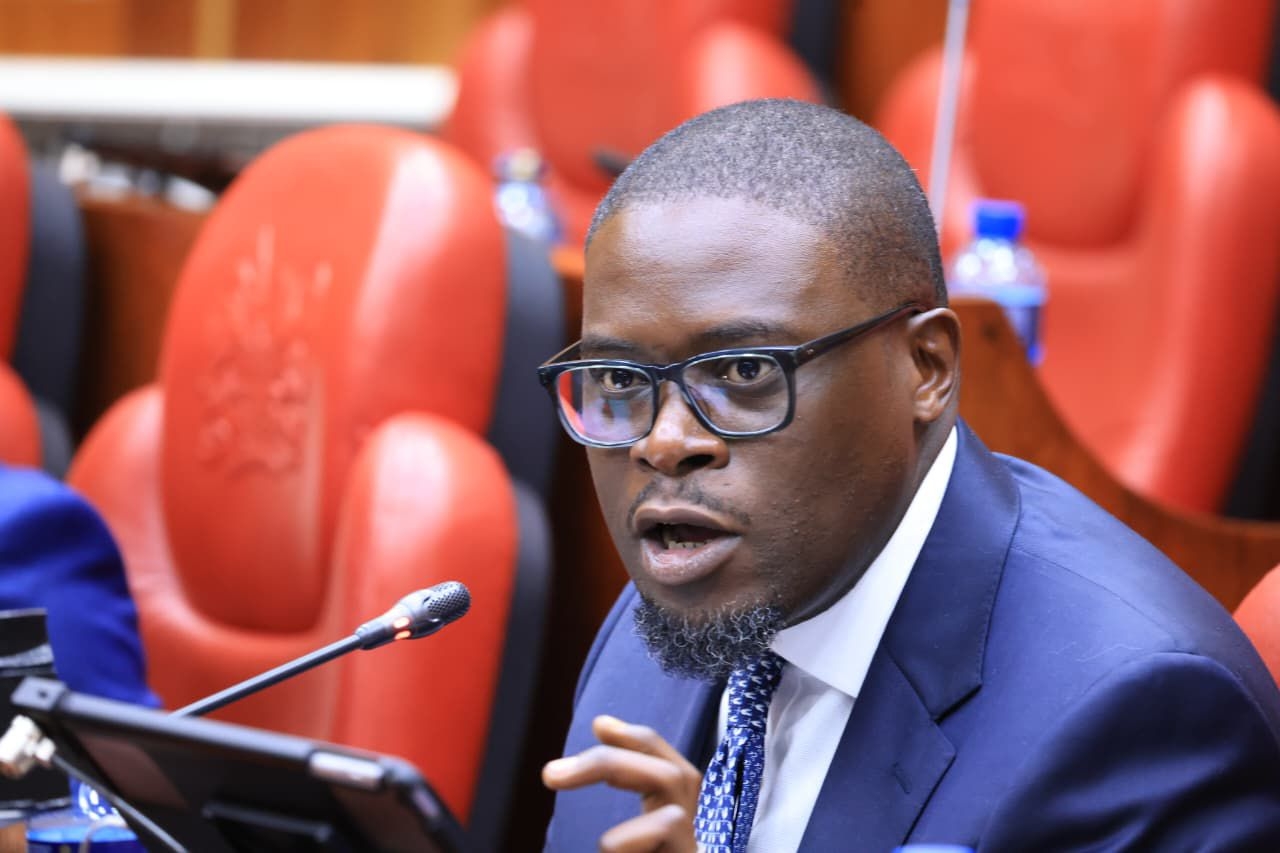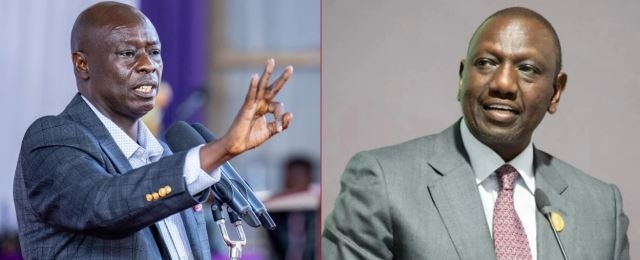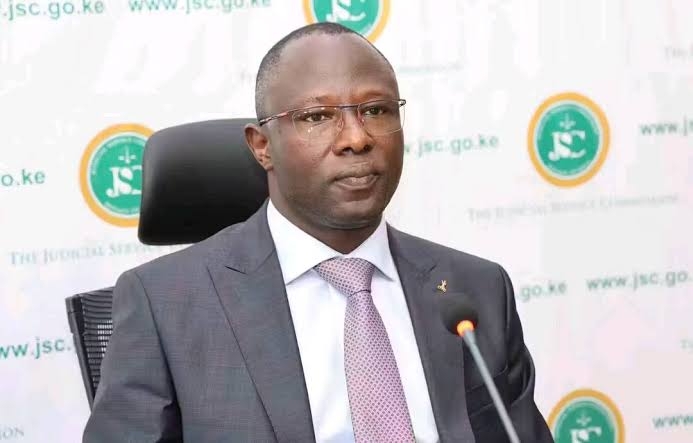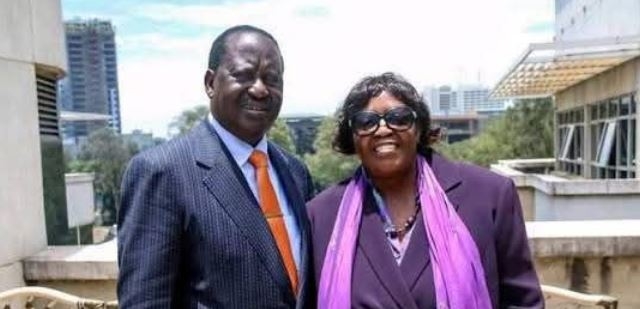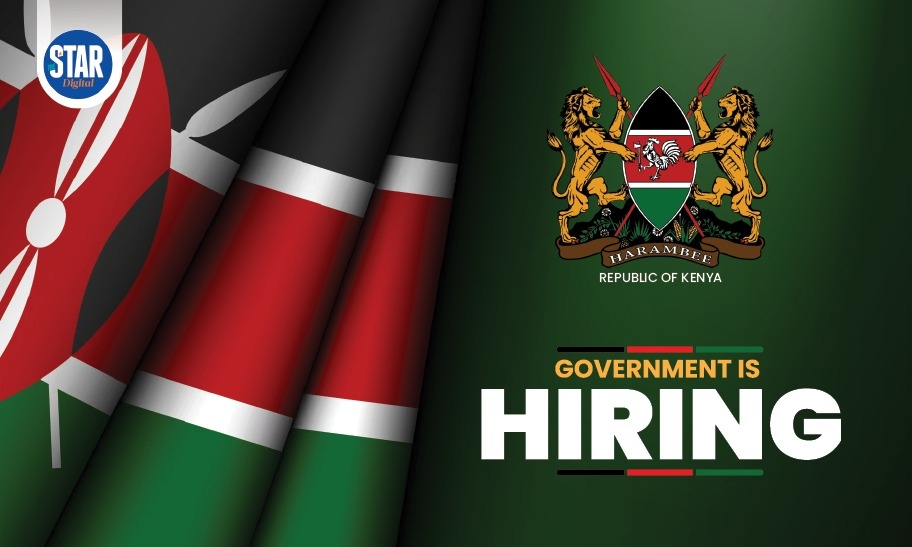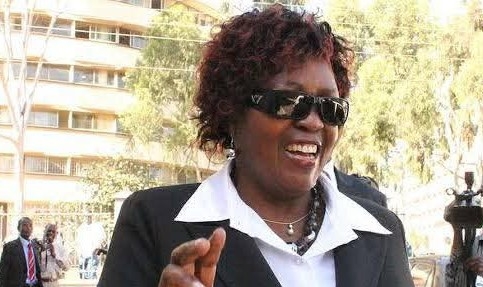Confusion and controversy on Thursday marred an Executive Oorder by President Uhuru Kenyatta and the Judiciary and analysts claimee it was an affront to the Constitution.
The order renamed the presidency — which has existed since the election of the President and his deputy William Ruto in 2013 — as the Executive Office of the President. It stoked anxiety in the political and governance circles.
Debate raged as to whether the Executive Order was meant to cut Ruto down to size after his falling-out with the President by placing his officer under th Executive Office of the President.
It was not clear how the Deputy President, who wants to be President, would be effected.
While some observers said the restructing was constitutional and well within the President’s mandate, others called it an unlawful venture aimed at weakening the DP's office.
There were claims that as a result Ruto would lose financial independence and powers to hire staff and procure goods and services.
Analyst Steve Ogolla, an advocate of the High Court, said the order was designed to weaken the functional and institutional independence of the Office of the Deputy President.
“If you look at Article 148, on the election of the DP, he is elected together with the President. He is not an errand boy. He is not a mere assignee. He is intended to be a substantive officeholder with an independent voice,” Ogolla said.
The lawyer said the latest Executive Order has reduced the office of the DP to a mere appendage to the Office of the President and its net effect will be to ereduce the DP's powers to hire staff and enjoy an independent budget.
“Generally all constitutional offices including the DP’s office are supposed to be independent of each other, they work together but they are supposed to be independent," Ogalla said.
Nandi Senator Samson Cherargei, a lawyer and close ally of the DP, reckoned it was not only unconstitutional but part of the ongoing ‘political expediency’ meant to cut Ruto down to size.
“The President is supposed to coordinate functions. He is not supposed to restructure. The Constitution does not give him powers to restructure.
“You can only do it through a popular initiative or referendum. These changes are malicious and are done in bad faith. They are done for political expediency and persecution,” he said.
But constitutional lawyer Bobby Mkangi and governance expert Javas Bigambo argued that initial term ‘presidency’ does not exist in the Constitution. They said it was only a brand name brought about by camaraderie and a pre-election agreement signed between the two leaders.
Mkangi said the Constitution only stipulates the existence of the National Executive – comprising the Office of the President, Office of the Deputy President and the Cabinet.
“Apart from the constitutional grounds where the DP is the standby president, can act as president when the president is away, that other part of him being the principal assistant is very much left to the President to determine when he wants his deputy to assist him,” he said.
Bigambo said Uhuru has played his politics without tinkering with the law, adding that the initial operation of the DP’s office within the presidency created the political impression of shared powers.
“Empirically, he has placed the deputy president exactly where he is supposed to be, devoid of the smoky feeling of shared power and shared office or responsibility,” he said.
He added, “The DP is pigeon-holed. Politically, he is like an appendix in a human body; existing but without any known value. Cabinet secretaries are now busier and functionally more significant to the President than the DP.”
“He will remain to be seen as an occupant of the office subordinate to the President, but in terms of institutional and national impact, he has been relegated to the backwater and is no different from those who served as vice presidents in the old constitutional order,” he said.
The move by the President also elicited sharp reactions from other constitutional offices.
Chief Justice David Maraga clashed with Attorney General Kihara Kariuki over the order.
In the order signed on May 11, the President also assigned functions and institutions among ministries and state departments, superseding Executive Order No. 1 of 2018 (Revised) issued in July 2018.
Maraga launched a fierce protest against Uhuru accusing him of trying to usurp powers that he doesn't have by purporting to assign functions or restructure the Judiciary.
Magara has previously accused the Executive of trying to muzzle the Judiciary as though it were a lesser arm of government.
“The Judiciary is neither a ministry nor a government department which can be organised by an Executive Order,” Maraga said.
While he said the inclusion of judicial organs in the Executive order is null and void, he called for clarity on the institutional independence, which he said is crucial for the sake of “our constitutional democracy of the country".
“This will serve to avoid confusion among members of the public as well as foster the constitutional letter and spirit of separation of powers. It will also avoid the unwitting undermining of other independent arms of government and institutions,” Maraga said.
The Chief Justice also moved to assert the autonomy of the Judicial Service Commission which he chairs, affirming its independence under Article 171.
The Executive Order listed the Judiciary and JSC among 39 other ministries, state departments, constitutional commissions and independent offices.
Kihara, who is the government's legal adviser, said the Executive Order was properly and lawfully issued by the President and accused Maraga of ‘misinterpreting” it.
He said the President assigned ministers and government departments the responsibility for inter-linkages and liaisons with the identified independent constitutional organs and institutions.
"There is no provision in the Executive Order with the express implicit purport of restructuring the Judiciary or assigning functions,” Kihara said.
He went on,"This is no way it infringes on the autonomy of independent offices and constitutional commissions, nor does it violate the doctrine of separation of powers and roles that is a key pillar of the Constitution."
(edited by o. owino)





